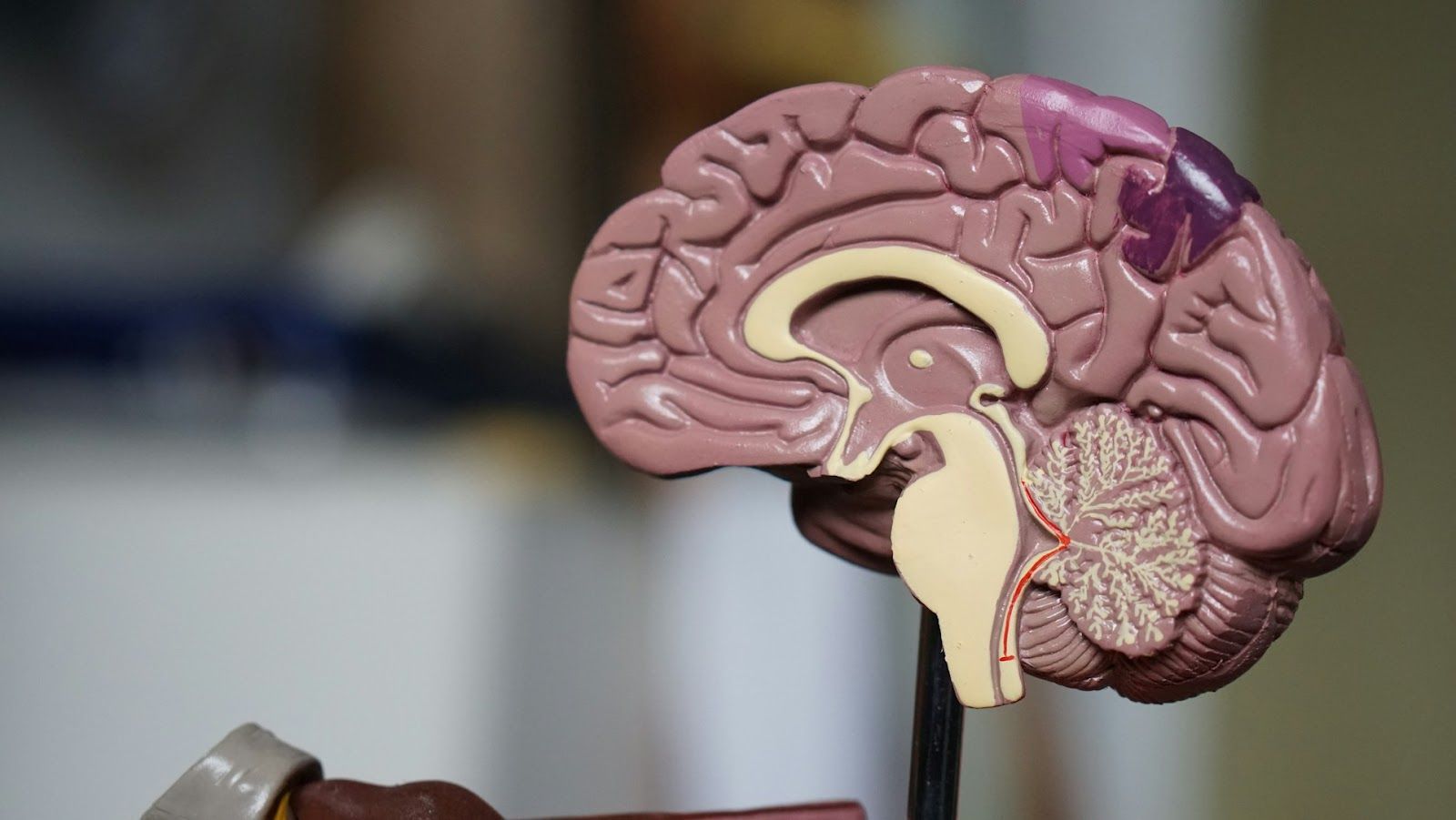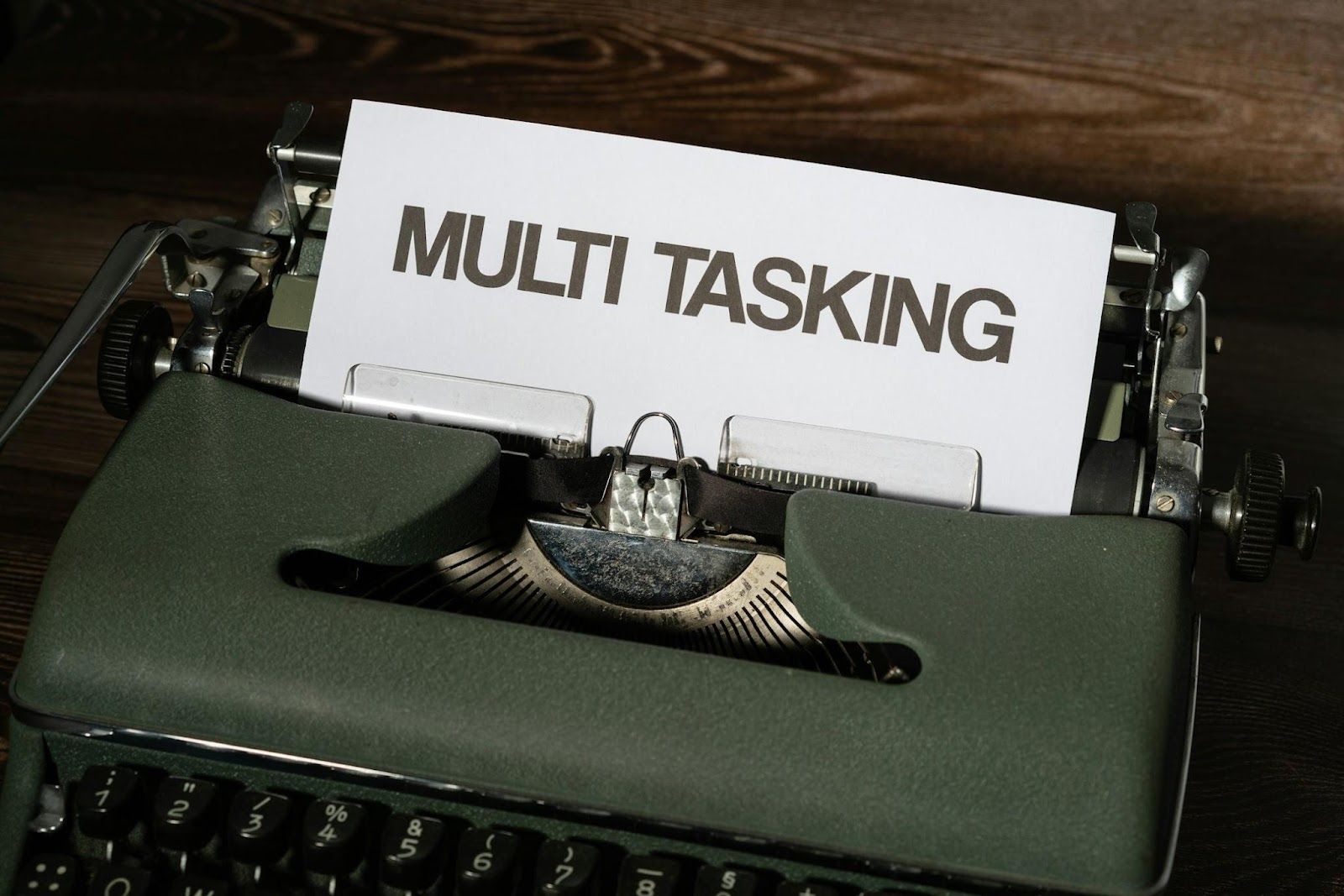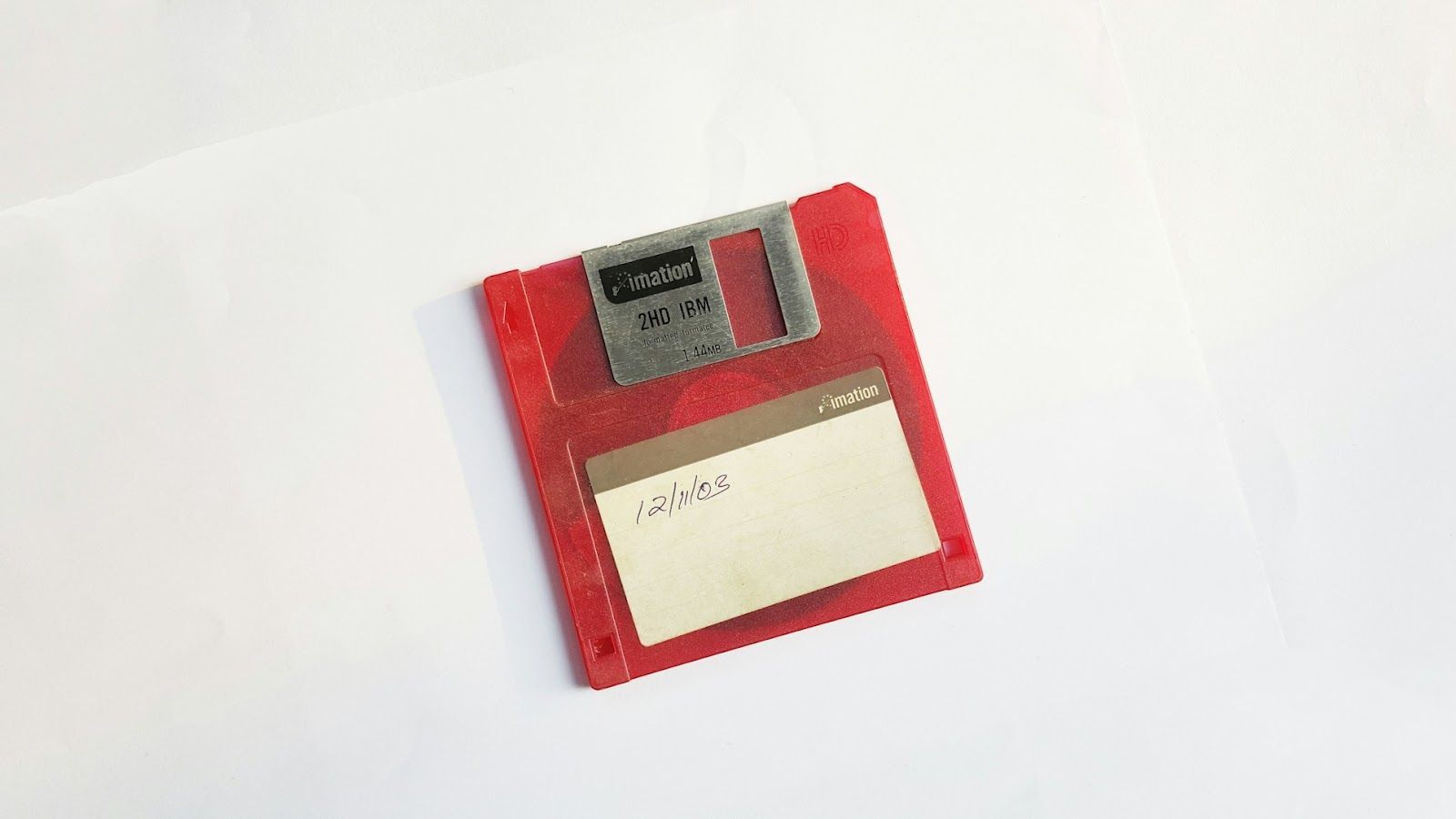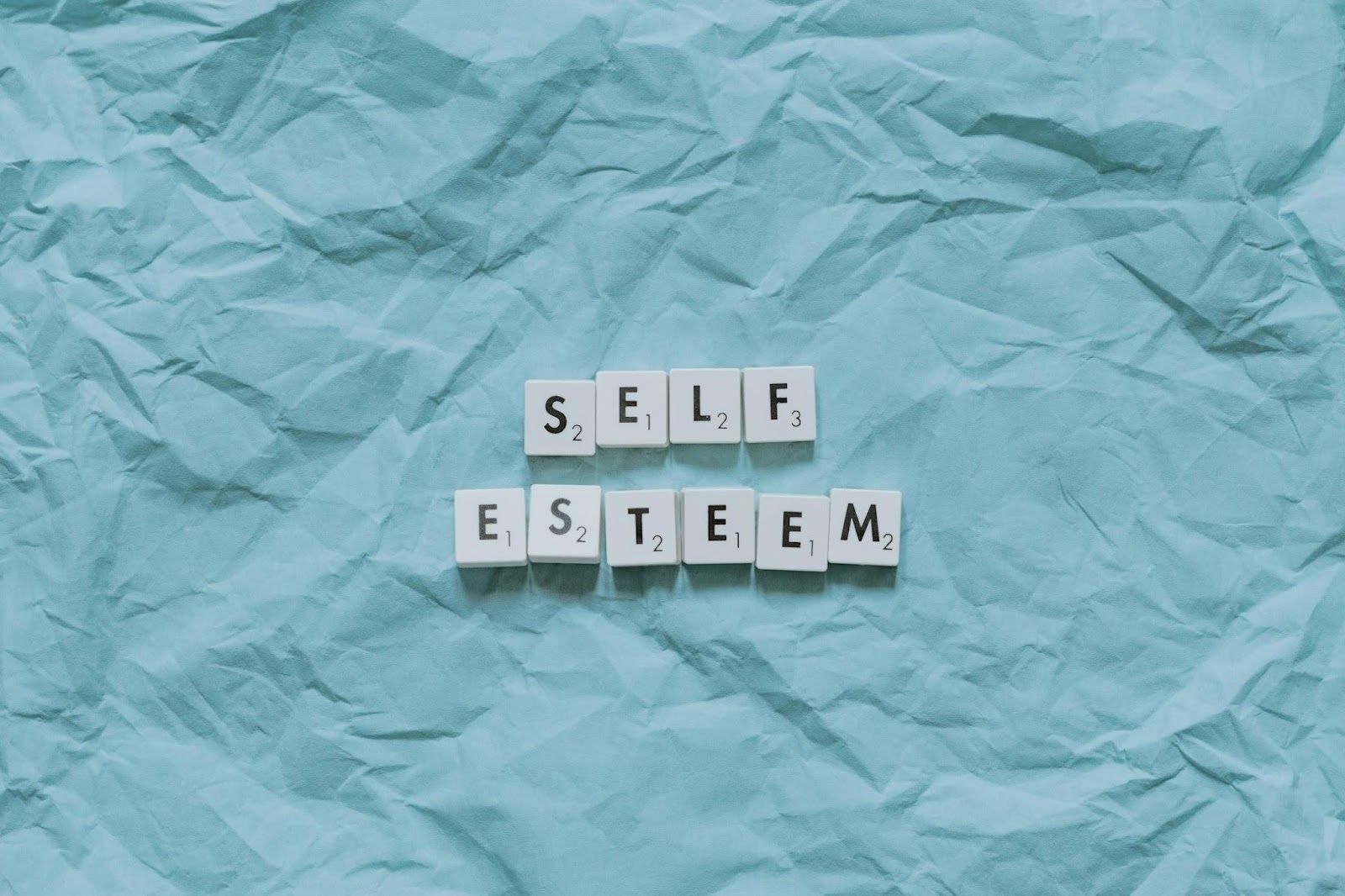Letters with meaning
Why your pound is “lb” and other everyday abbreviations explained
Published on October 30, 2025
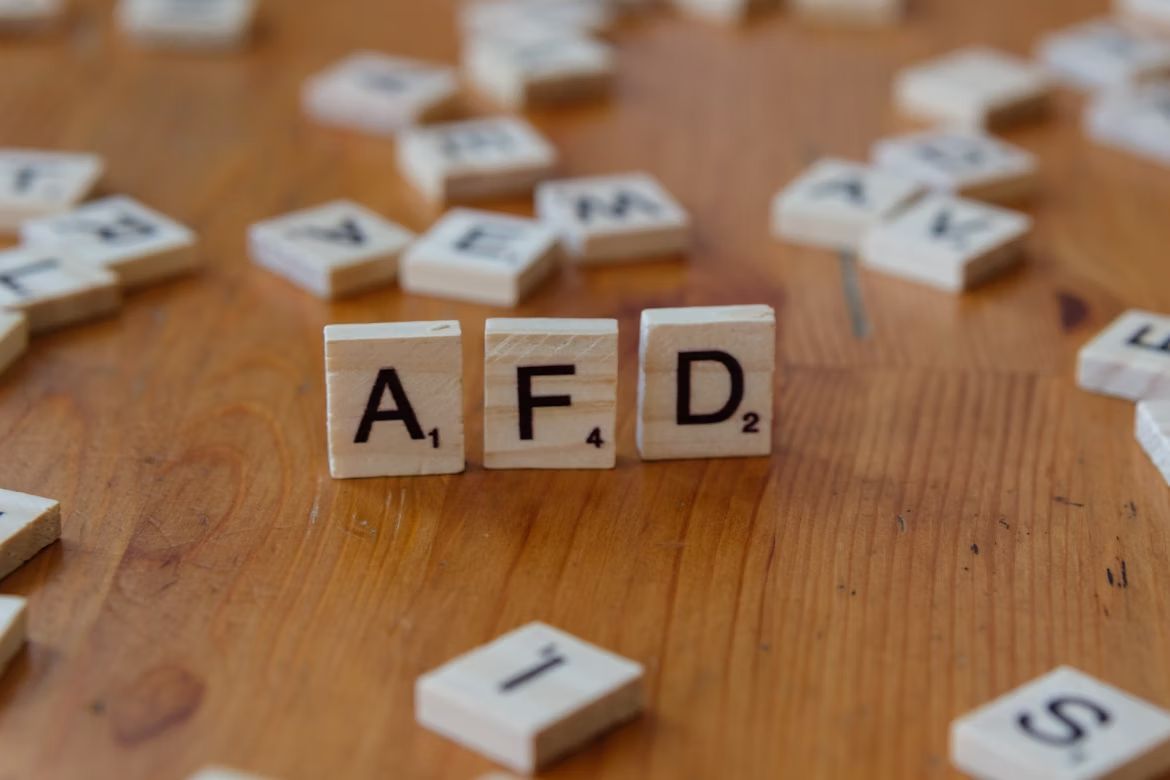 Credit: Markus Winkler
Credit: Markus Winkler
You probably rattle off "PIN," "USB," or "Mrs." without hesitating, but do you actually know what those letters stand for? Some abbreviations come from Latin, some from long-lost measurements, and a few make absolutely no sense at first glance. So let’s dive into the interesting roots of 12 common abbreviations you’ve been using for years.
No.
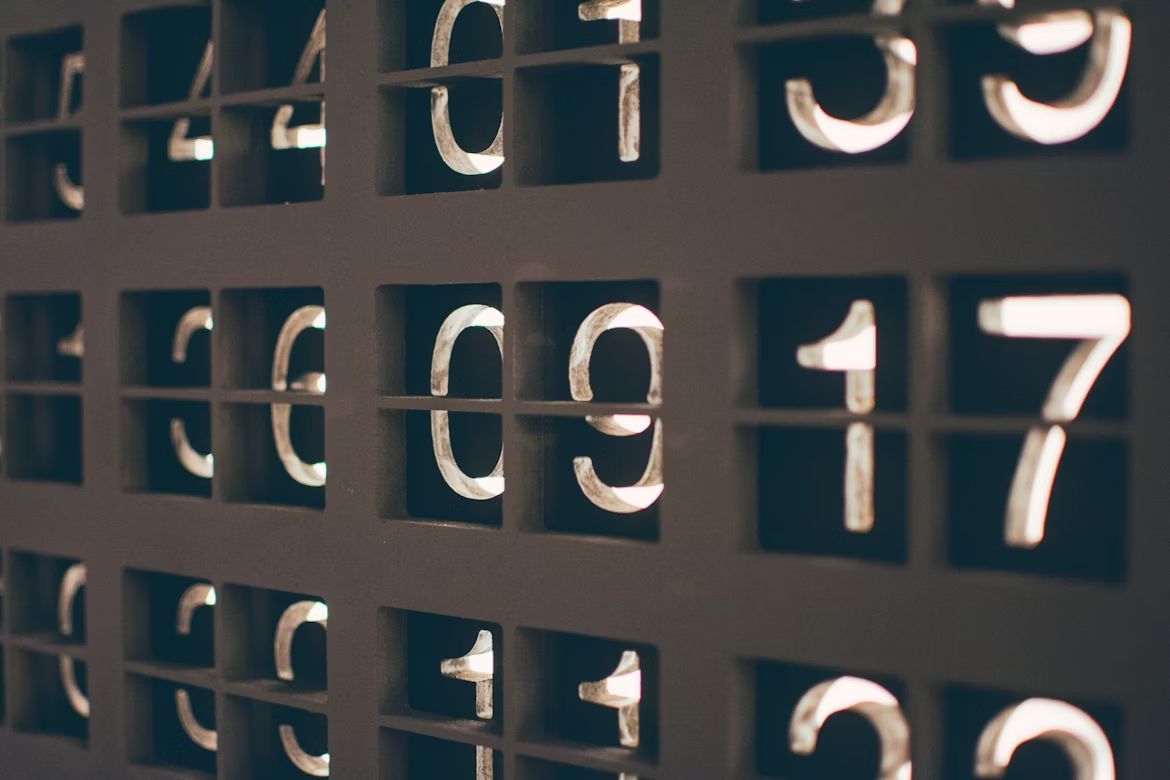 Credit: Nick Hillier
Credit: Nick Hillier
Why "No." for "number" when there’s no "O" in the word? You can blame Latin on that one.
The abbreviation comes from numero, meaning "number," which was originally abbreviated as an "N" with a small "o" above it (Nº). That old symbol eventually morphed into the familiar No. we still use today.
Lb.
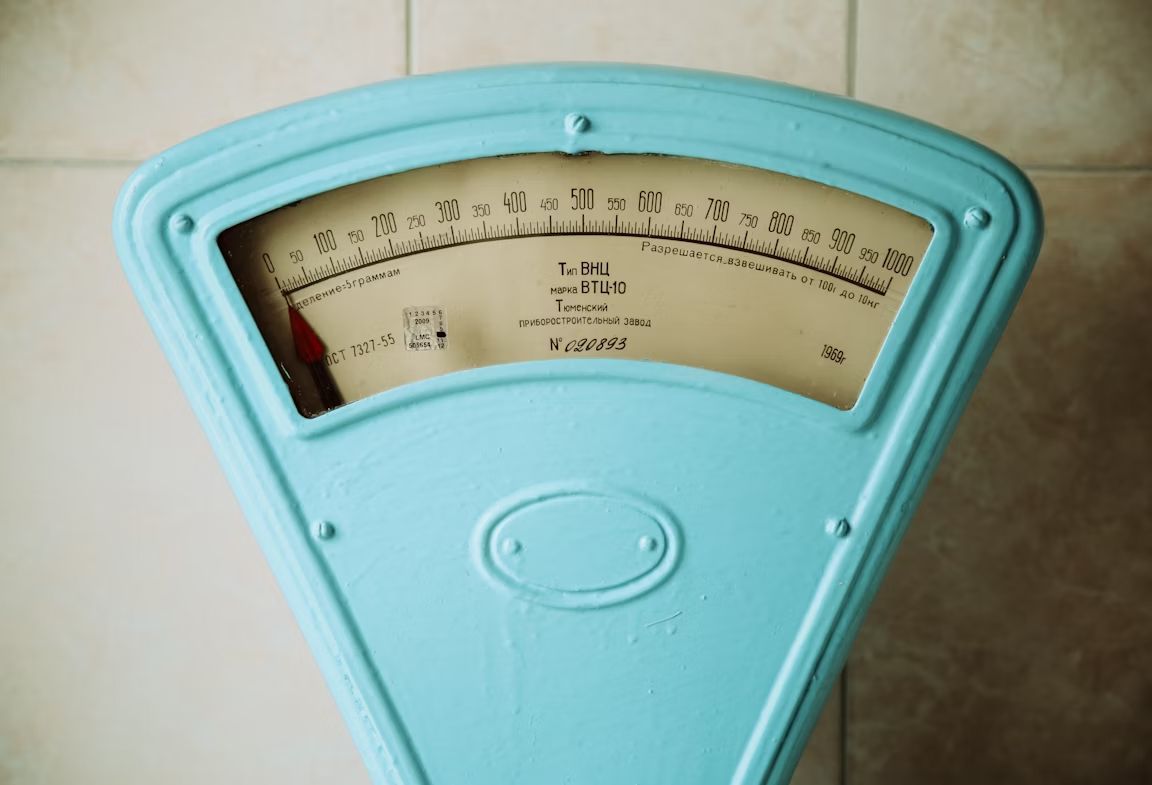 Credit: Graphic Node
Credit: Graphic Node
The abbreviation "lb" actually comes from libra pondo, Latin for "a pound by weight." The pondo gave us the English word "pound," while the libra stuck around as "lb."
It’s also why the British pound symbol (£) looks like a fancy "L." How interesting is that?
Oz.
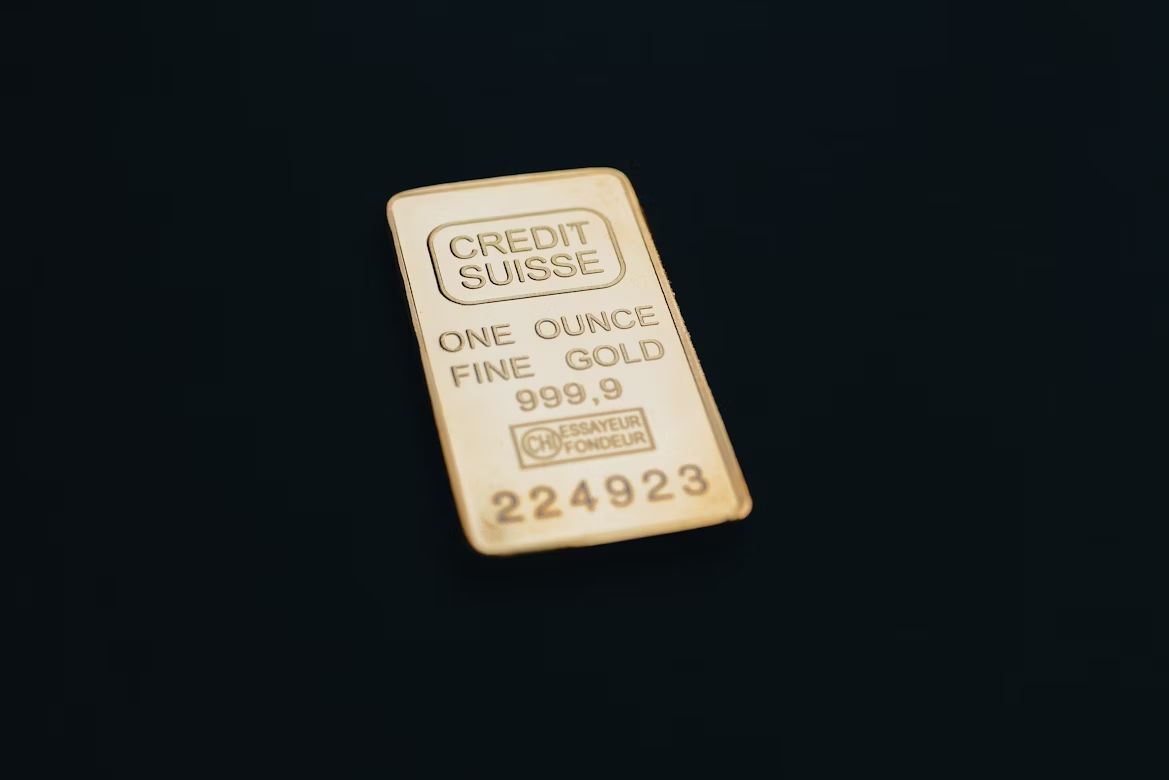 Credit: rc.xyz NFT gallery
Credit: rc.xyz NFT gallery
"Ounce" and "oz" don’t match up phonetically, but historically, they’re connected. The word comes from the Latin uncia, meaning one-twelfth of a Roman pound.
It passed through Italian as onza, which is how we ended up with the abbreviation oz. Now it makes a little more sense, don’t you think?
A.M. and P.M.
 Credit: Jon Tyson
Credit: Jon Tyson
Most of us know whether it’s morning or night without translating Latin, right? But there’s some history behind these time markers. A.M. stands for ante meridiem (before noon) and P.M. for post meridiem (after noon).
You’ve probably seen "post" in other words like "post-op" or "postwar"—now you know why it shows up in time too!
PIN
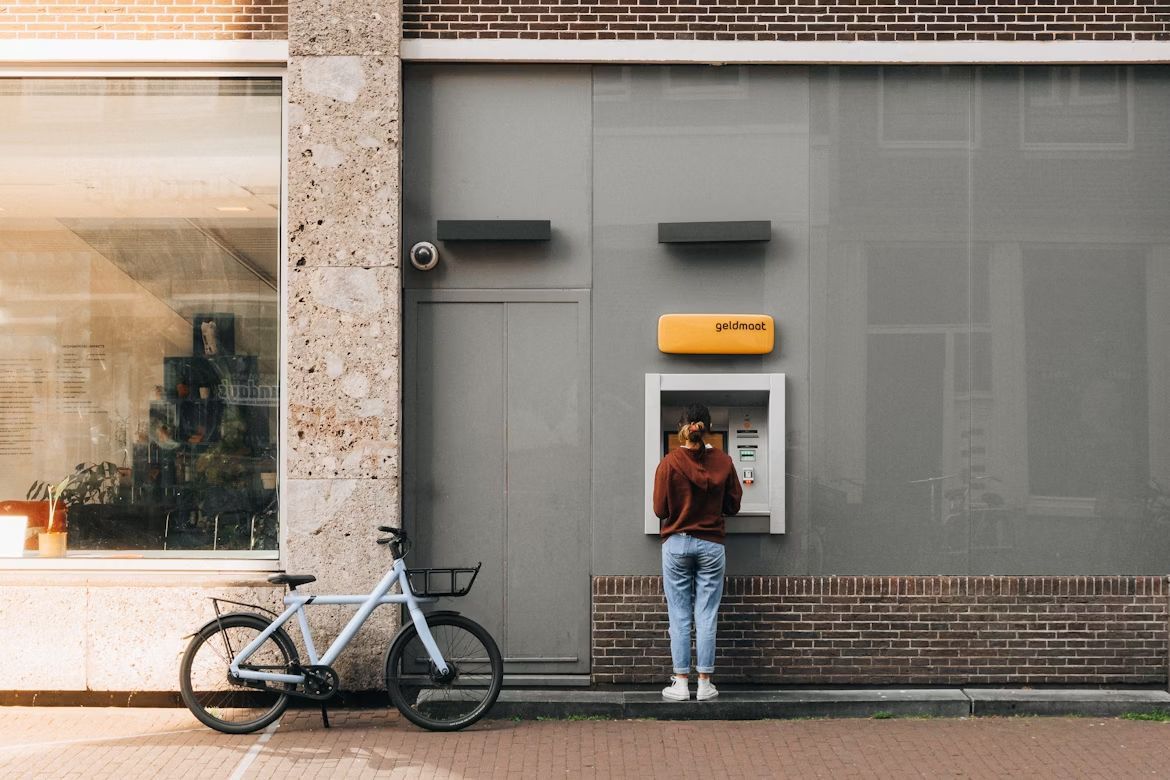 Credit: Julian
Credit: Julian
"PIN" stands for "personal identification number"— so saying "PIN number" is technically redundant.
Scottish engineer James Goodfellow created the PIN system in 1966 when he patented an early cash machine. Now it’s second nature, and we don’t even think twice about typing it in.
Bonus fact: "ATM" stands for "automated teller machine," so saying "ATM machine" is also a redundancy.
CC
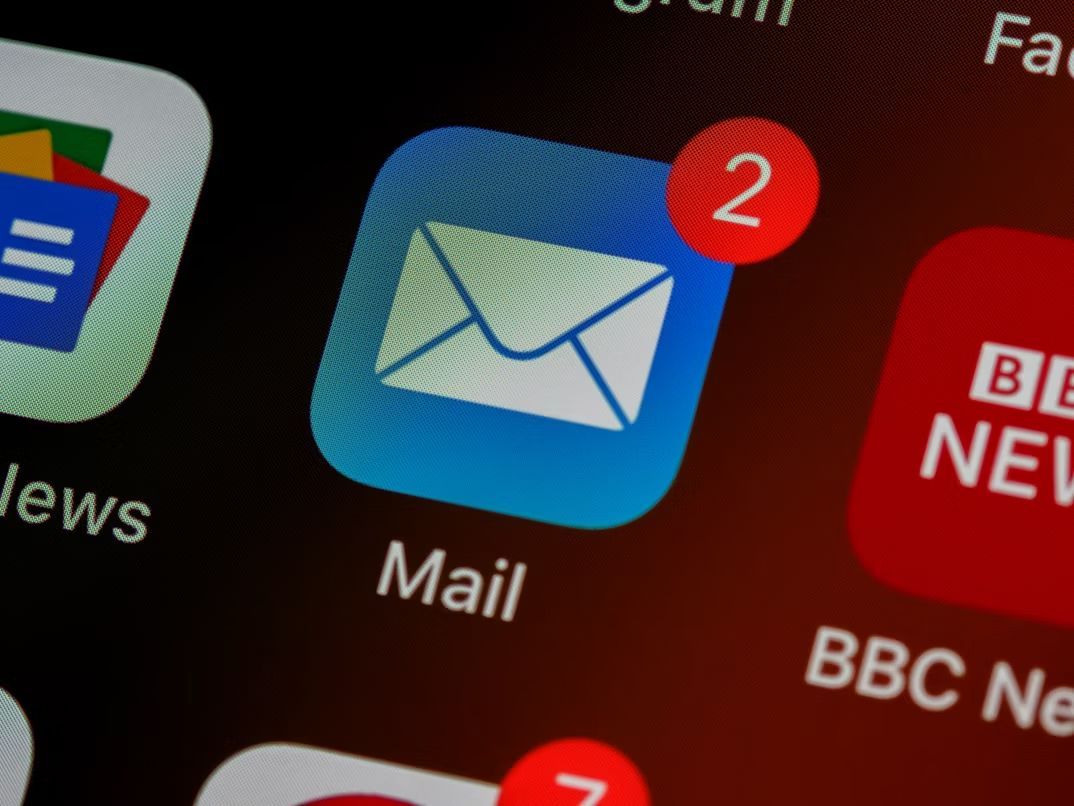 Credit: Brett Jordan
Credit: Brett Jordan
"CC" stands for "carbon copy," from the days when people used carbon paper to make duplicates of typed letters. You’d slip a sheet between two papers, type your note, and you had two copies.
The email version took off in the 1980s, and we’ve been CC-ing ever since.
"BCC"? That’s "blind carbon copy," meaning the recipient is hidden from others. How about that, huh?
USB
 Credit: Lucian Alexe
Credit: Lucian Alexe
"Universal Serial Bus" might sound like a fancy Greyhound line, but it’s actually the system that helps gadgets talk to each other.
In computer terms, a "bus" is a communication channel, like a digital highway. The USB was created in the mid-1990s to simplify connecting devices.
Et al.
 Credit: Gülfer ERGİN
Credit: Gülfer ERGİN
You’ve probably seen "et al." on academic papers or research articles. It’s short for et alia, Latin for "and others."
Only the "al" is abbreviated, which is why it gets the period. The word alia is also the root of "alias," a name used by someone else. But you already knew that one, didn’t you?
CV
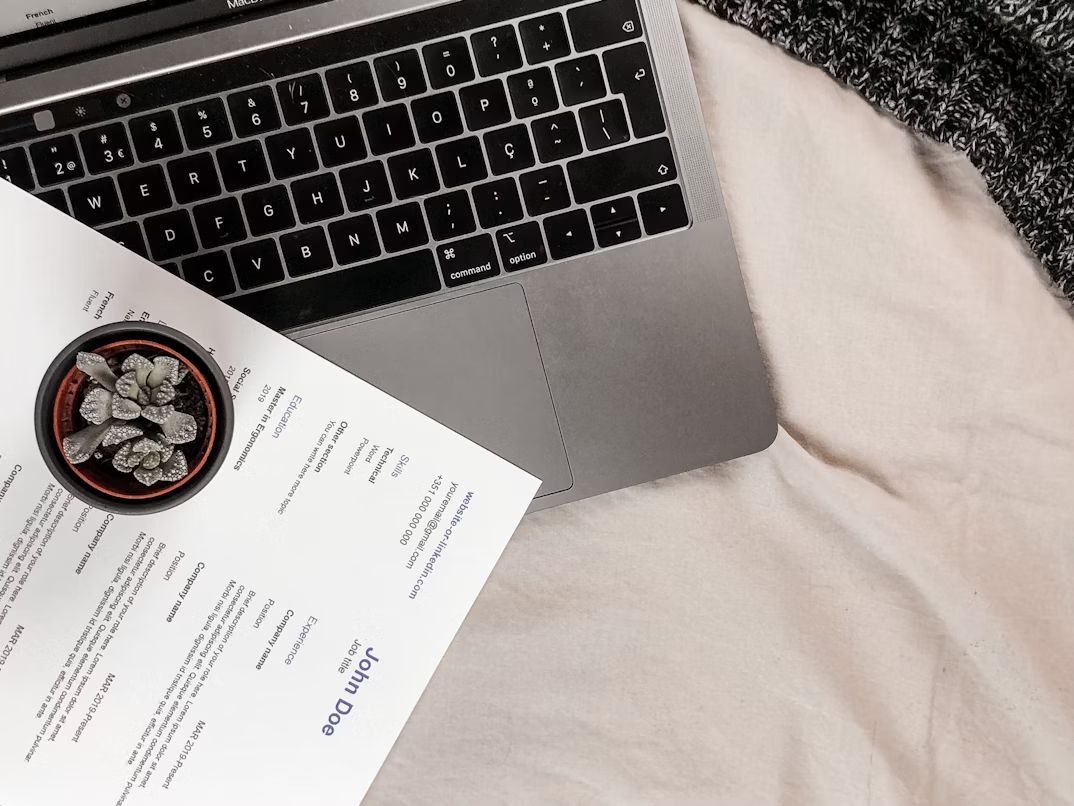 Credit: João Ferrão
Credit: João Ferrão
CV stands for curriculum vitae, Latin for "course of life." It’s a fancier version of a résumé and is often used in academia or overseas job applications.
The phrase popped up in the early 1900s and adds a bit of sobriety to your work history. Who said job hunting couldn’t be sophisticated?
MO
 Credit: Content Pixie
Credit: Content Pixie
"MO" stands for modus operandi, Latin for "method of operating." Originally, it described the signature behavior of criminals, but these days it’s more broadly used to mean someone’s usual way of doing things.
If your uncle always steals the last slice of pie, that’s just his MO. Sneaky, but predictable, you know.
SIM
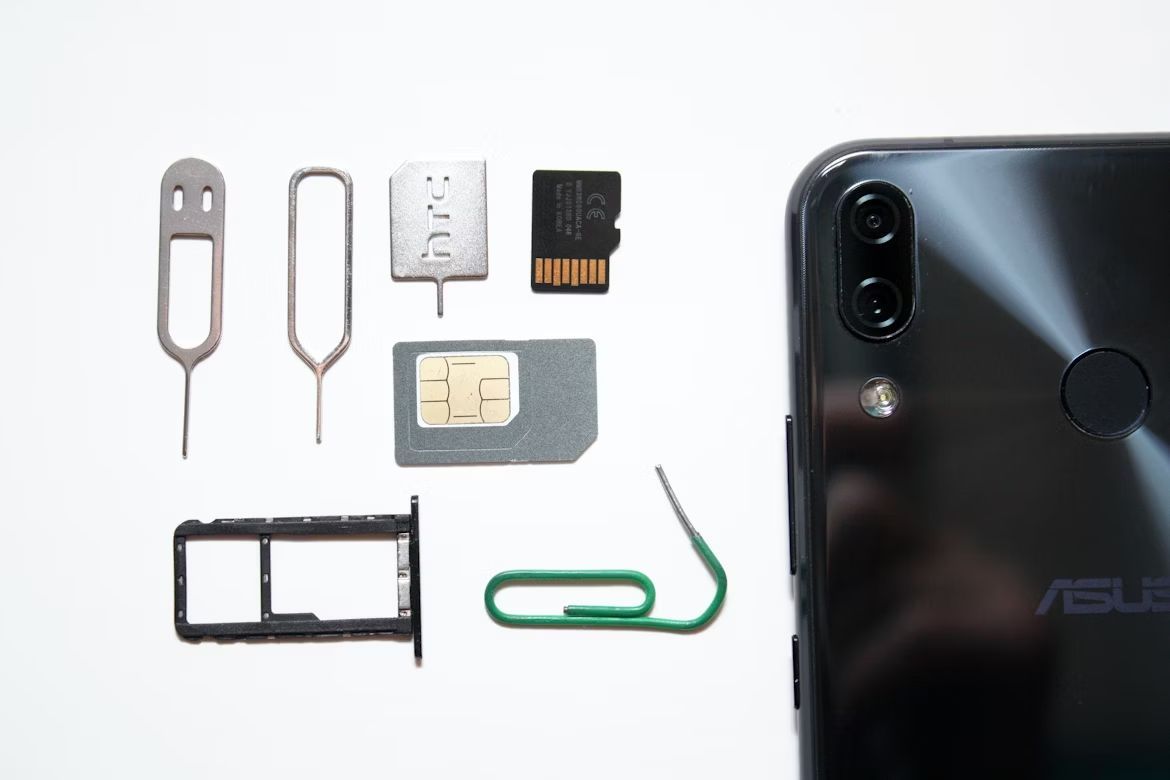 Credit: Andrey Matveev
Credit: Andrey Matveev
The SIM in your phone stands for "Subscriber Identity Module." It’s what tells the network who you are and lets you make calls, send texts, and use data.
First rolled out in 1991, SIM cards act like your phone’s ID badge—without one, your phone’s just a fancy calculator.
Mrs.
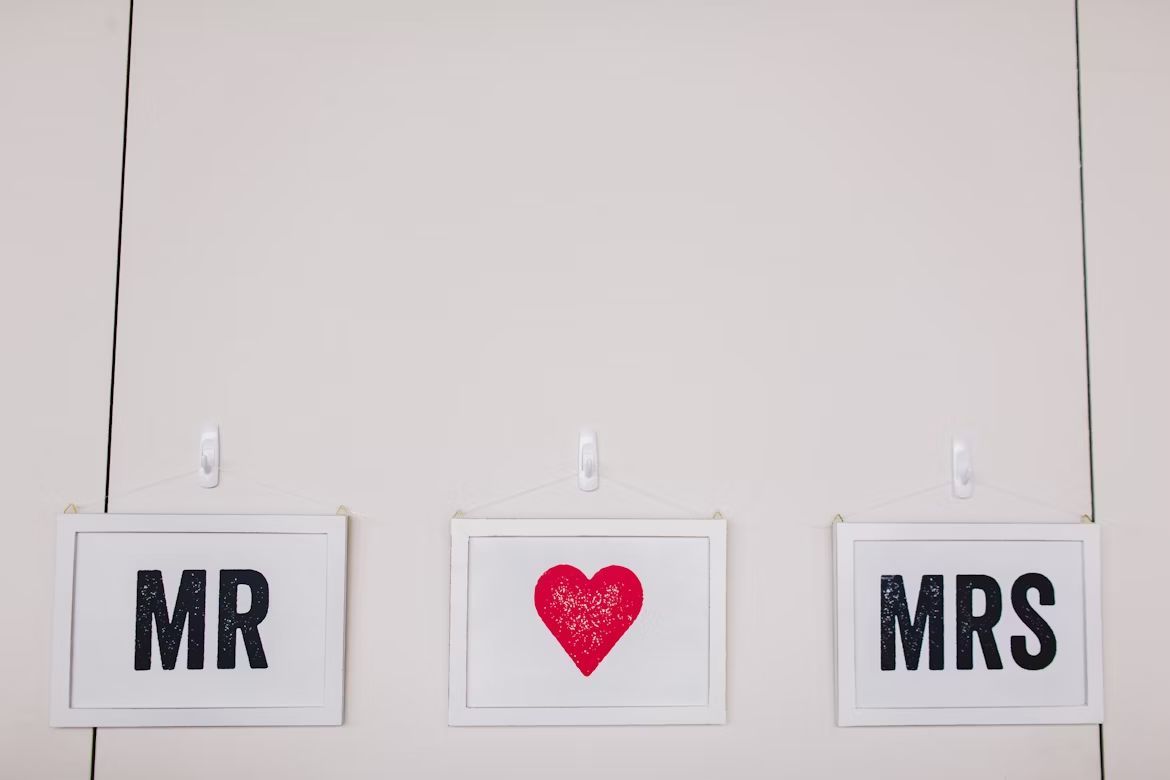 Credit: Thomas AE
Credit: Thomas AE
"Mrs." looks like it should rhyme with "mars," but we say it "missus." That’s because it originally stood for "mistress." Don’t worry— not the scandalous kind, just the lady of the house.
Over time, mistress took on new meanings, but the "R" stayed behind in the abbreviation. Go figure.

